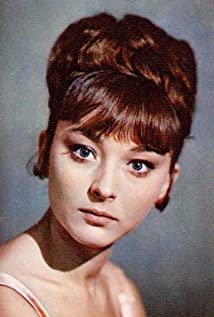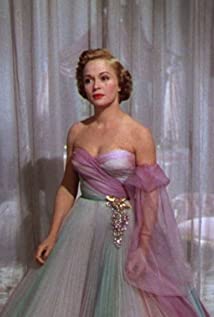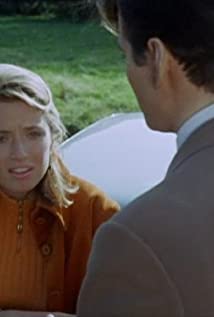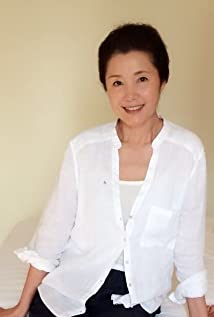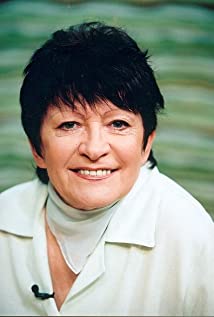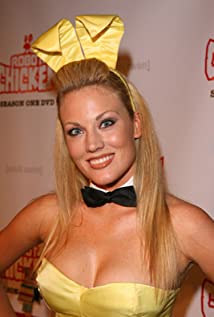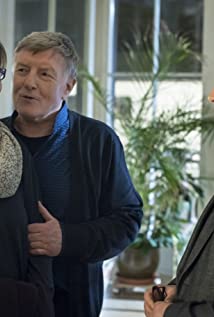In 1972, Chin portrayed Wang Guangmei in The Subject of Struggle, a docudrama directed by Leslie Woodhead, for Granada. Chin's performance as Wang, wife of Liu Shaoqi, Chairman Mao's chief rival, and the film about her trial by the Red Guards were unanimously praised. "It's all brilliantly done" The Sunday Times; Of Chin's performance: "Played superbly," Clive James of The Observer; "The most important program of the night…brilliantly, unforgettably played by Tsai Chin," Tom Hutchinson, Evening Standard TV guide; and by critic Elizabeth Crawly, Evening Standard: "Tsai Chin leaves The World of Suzie Wong a long way behind with this brave, haggard performance." It was a role Chin could identify with, as her father was undergoing the same brutal treatment in China. Moreover, it was almost the first time Chin was asked to play a mature and intelligent person with depth and complexity, a far cry from her usual stereotypical roles. To quote her autobiography: "For the first time, the Artist and the woman within me met at last." This film would signify the end of the first phase of Tsai Chin's acting career.



